In a significant move to bolster Malaysia's semiconductor industry, the Malaysia Semiconductor Recruitment Day 2024 took place at the Malaysia International Trade and Exhibition Centre (MITEC) from October 4-5, 2024.
Organised by the Selangor Information Technology and Digital Economy Corporation (Sidec) and the Malaysia Advanced Semiconductor & AI Academy, the event brought together 25 leading semiconductor companies and attracted over 2,000 attendees, resulting in more than 3,000 screenings.
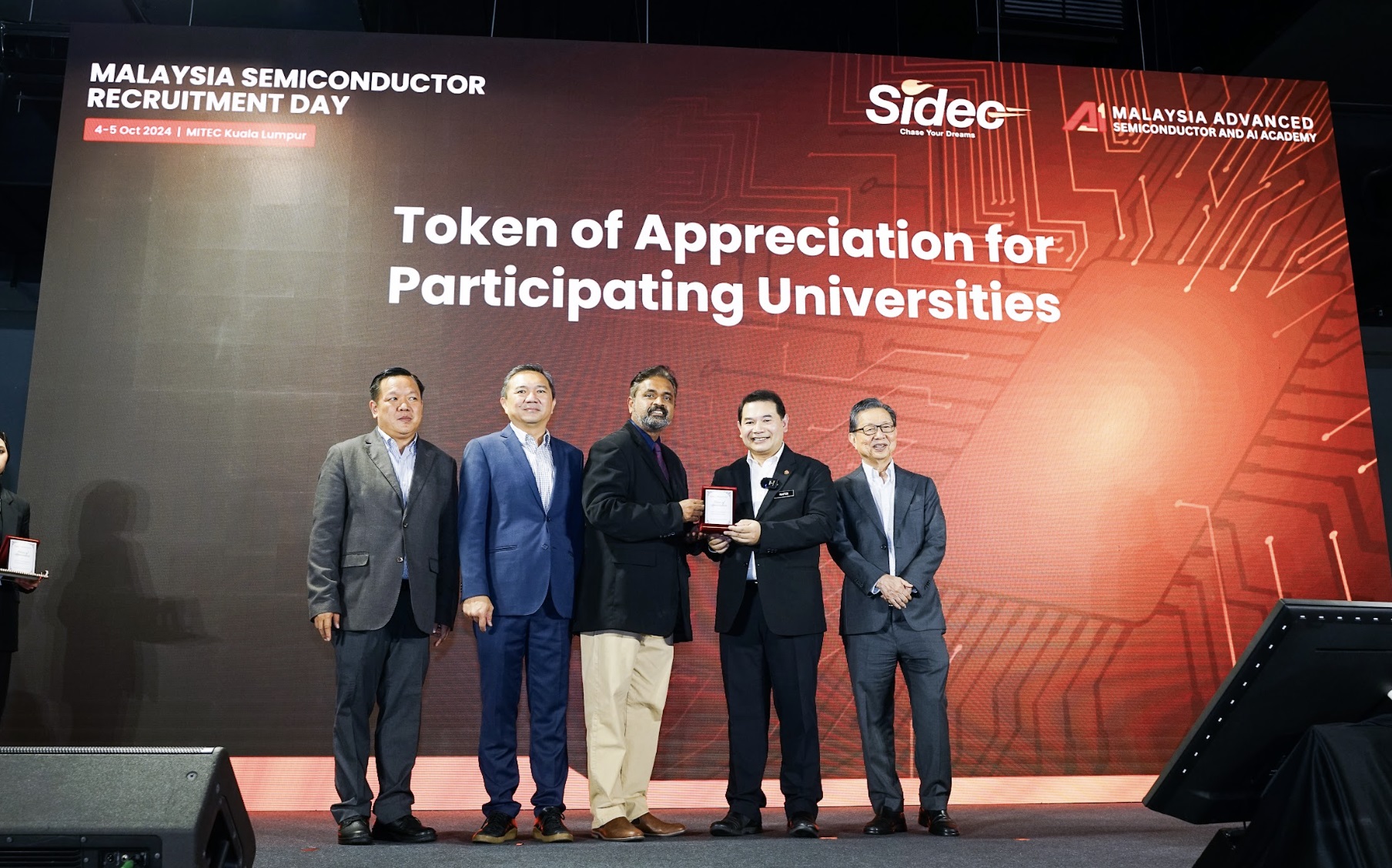
Associate Professor Ir Ts Dr Siva Kumar Sivanesan, Head of the School of Engineering (SoE) at Asia Pacific University of Technology and Innovation (APU), participated in the event, emphasising the vital role of academia in shaping Malaysia’s semiconductor industry.
Dr Siva Kumar also attended a two-hour closed-door meeting with the Economy Minister, YB Tuan Mohd Rafizi bin Ramli. This high-level discussion focused on the future development of the Integrated Circuit (IC) Design sector and highlighted the role of universities in nurturing the talent needed for this rapidly evolving industry.
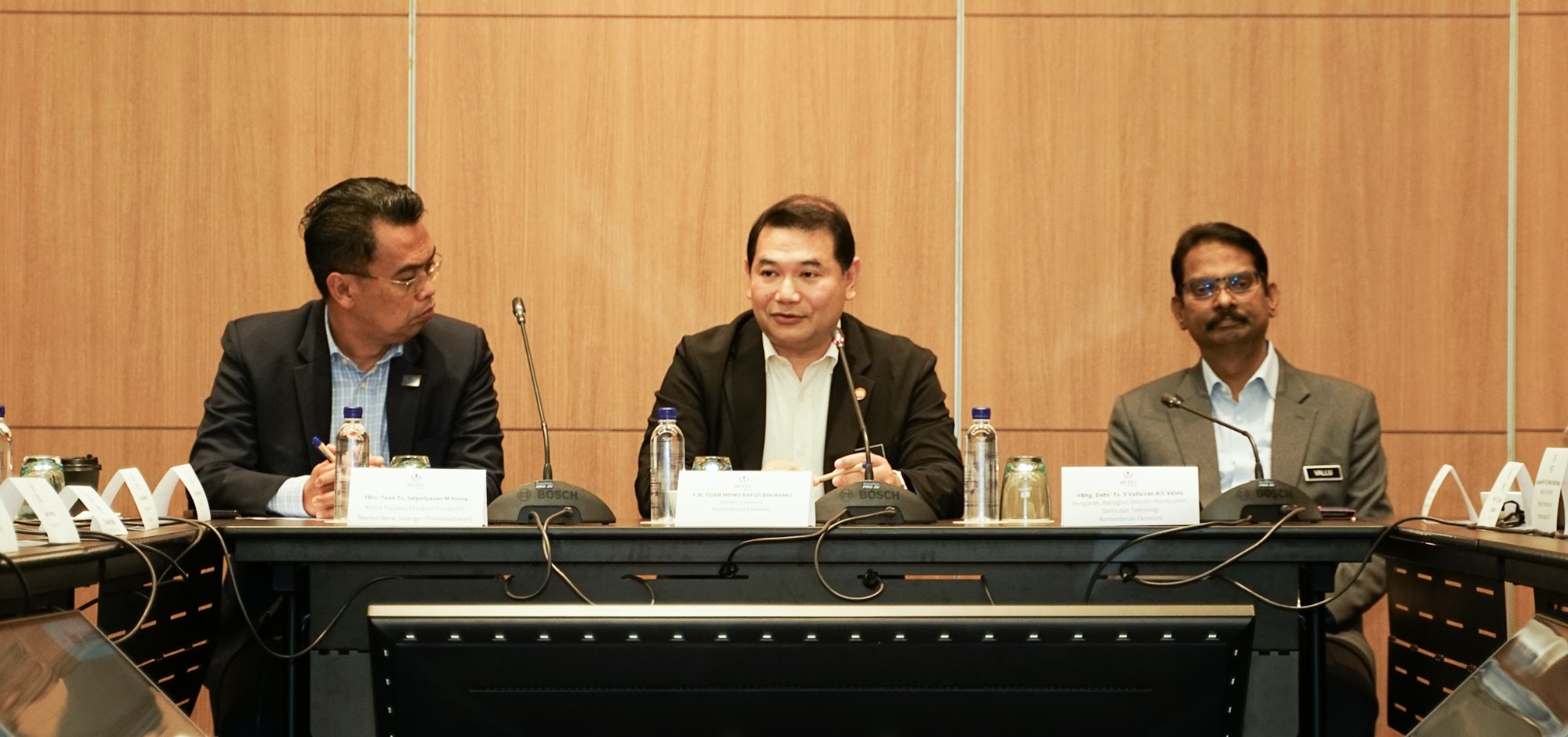
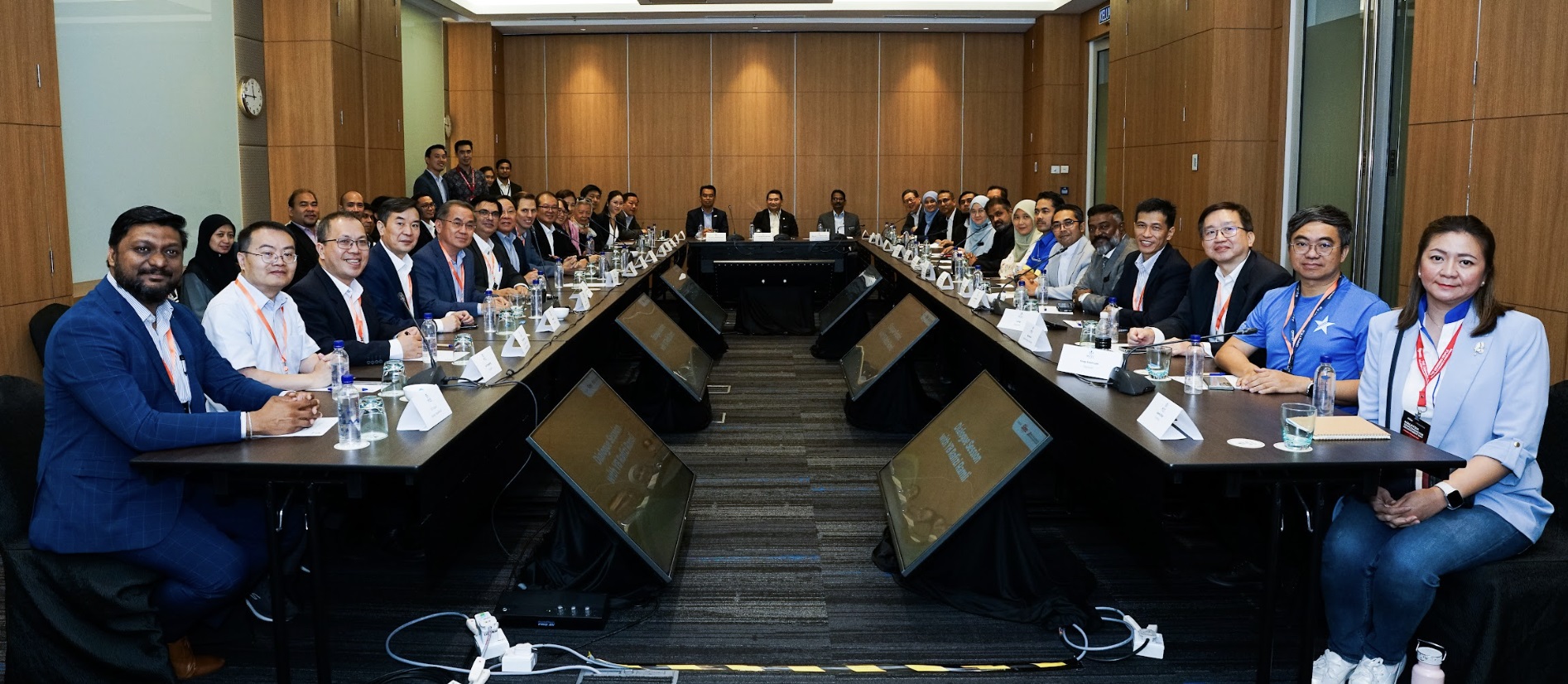
The involvement of academic leaders like Dr Siva Kumar underscores the growing collaboration between educational institutions and the government in addressing the skills gap in the semiconductor sector. This partnership is crucial for developing a workforce equipped to meet the industry’s needs, particularly in advanced areas such as IC design.
Economy Minister Rafizi Ramli emphasised the importance of diversifying Malaysia’s semiconductor industry, urging a move beyond reliance on multinational corporations and manufacturing. He called for the creation of a dynamic ecosystem, incorporating startups, innovative tech pioneers, and a mix of venture capital and private equity to drive growth.
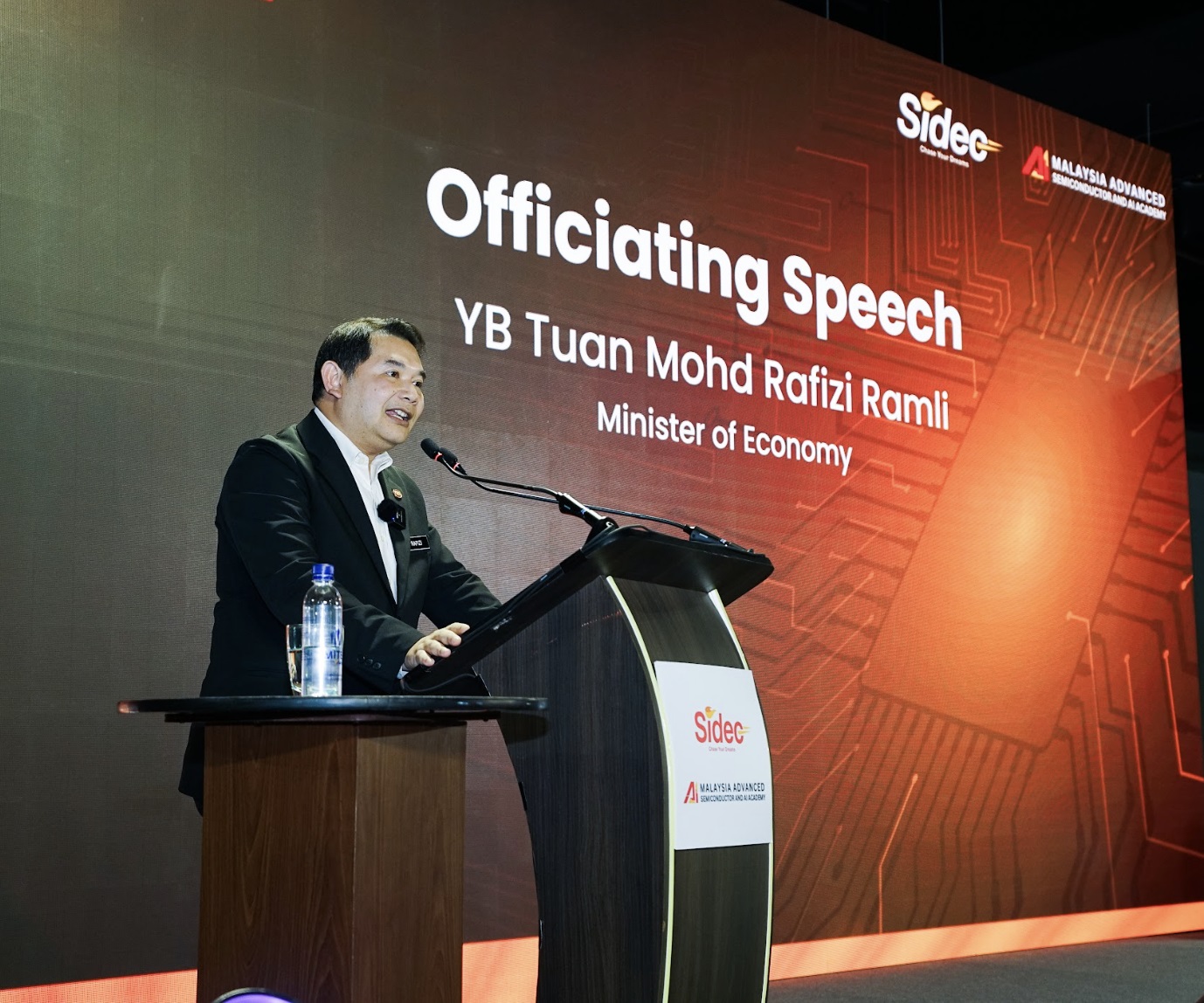
“It is clear that Malaysia holds a strong position in the global semiconductor and AI space, but this status is not guaranteed,” Rafizi noted, highlighting the competitive nature of the industry. He pointed to challenges in moving up the value chain from back-end processes like assembly and testing to front-end operations such as chip design.
The minister also addressed the increasing demand for engineers, estimating a need for around 60,000 engineers in the sector. This underscores the importance of collaboration between government, industry, and universities to meet this growing demand.
In a positive announcement, Rafizi revealed that seven firms have joined the IC Design Park in Puchong within five months, creating approximately 600 jobs in front-end chip design. He added that 15 more foreign companies have shown strong interest in joining, with hopes of onboarding 20,000 high-skilled professionals in the coming years.
The success of the Malaysia Semiconductor Recruitment Day 2024 was clear. Sidec’s CEO, Yong Kai Ping, remarked, “With over 2,000 attendees and more than 3,000 screenings, this event has been a resounding success. We are putting Malaysia's talent in the global spotlight and accelerating growth in our semiconductor sector.”
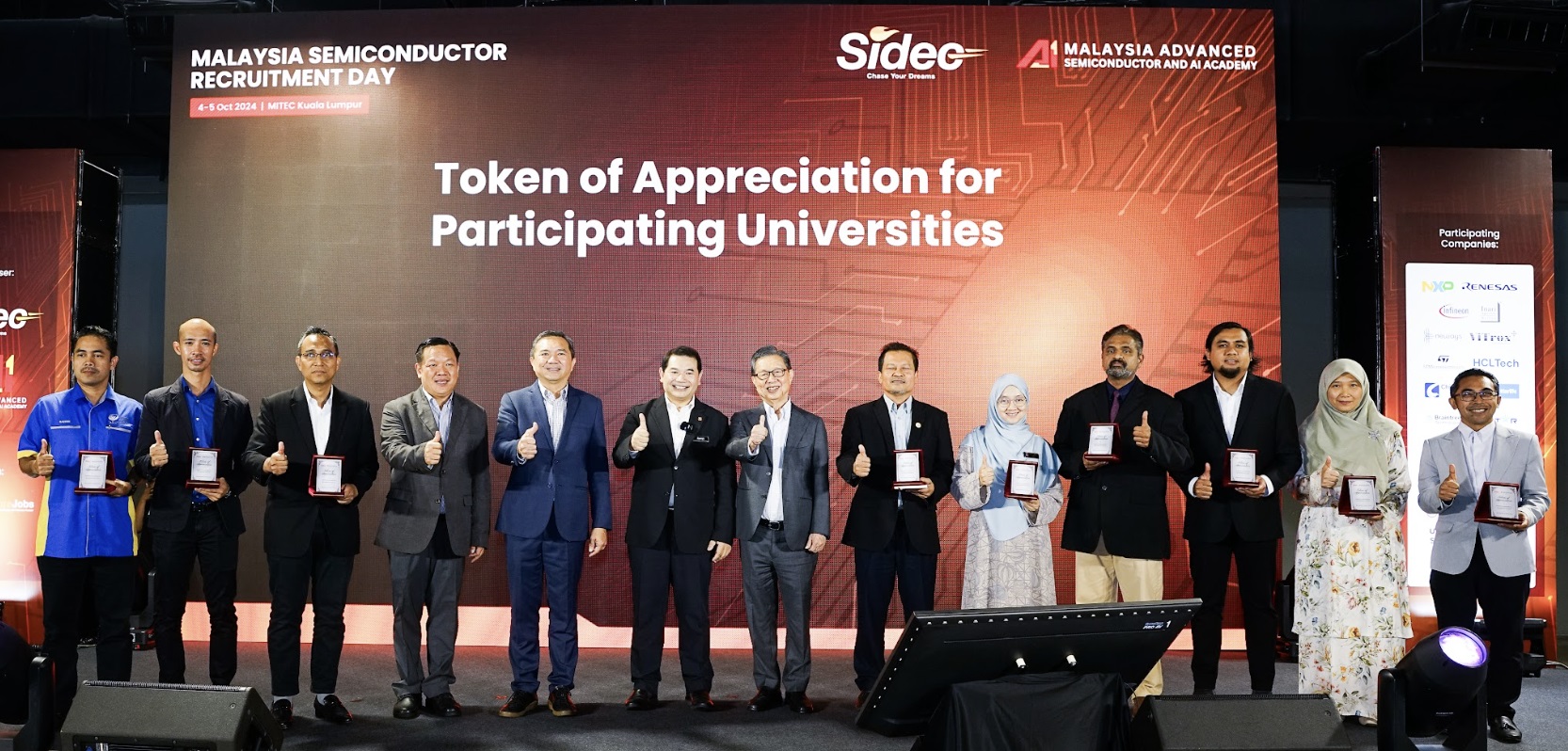
As Malaysia positions itself within the global semiconductor and AI landscape, events like this and the involvement of academic leaders such as Dr Siva Kumar play a critical role in bridging the gap between industry needs and talent development. The nation’s focus on innovation, education, and economic growth in the semiconductor sector points to a promising future—one that will require ongoing adaptation and collaboration across sectors.
News & Happening
Download e-Brochures
Intake Calendar
Want to know more ?
Let’s Connect